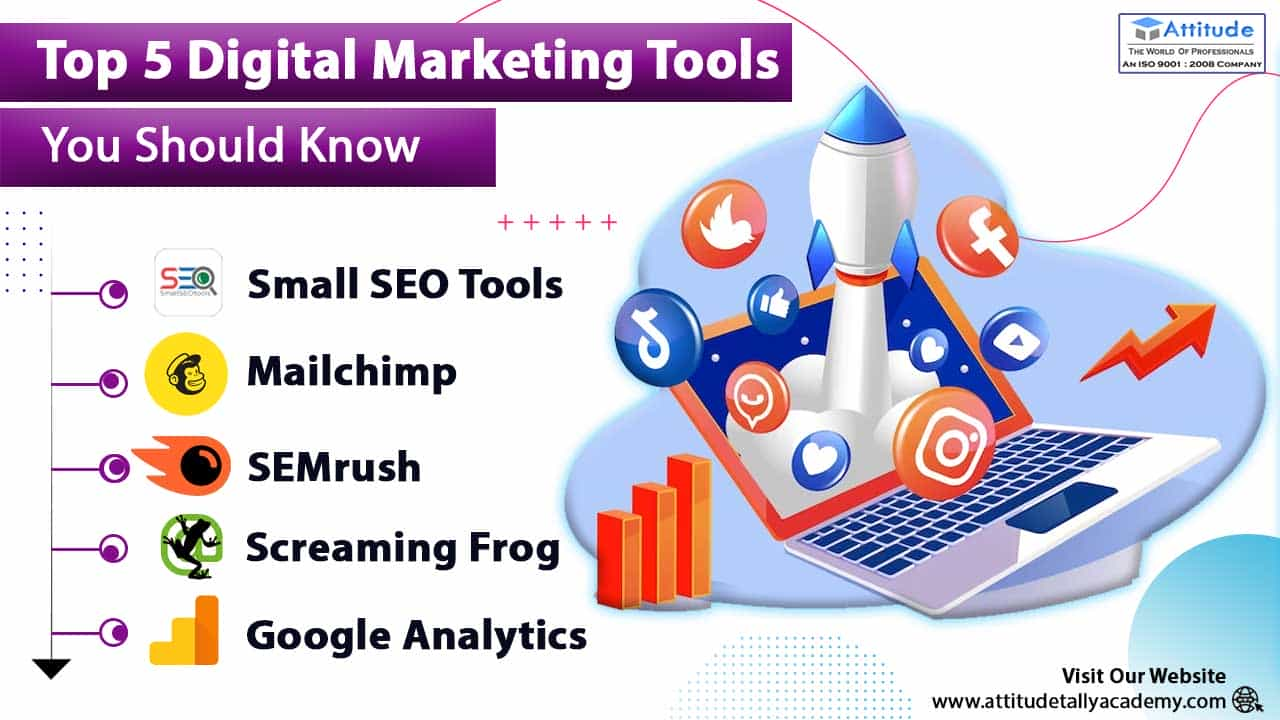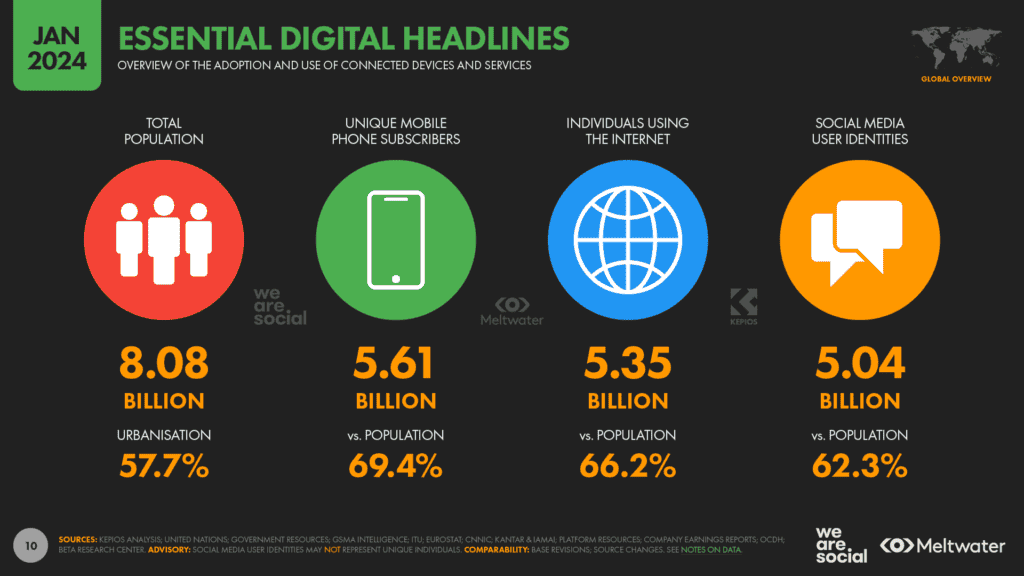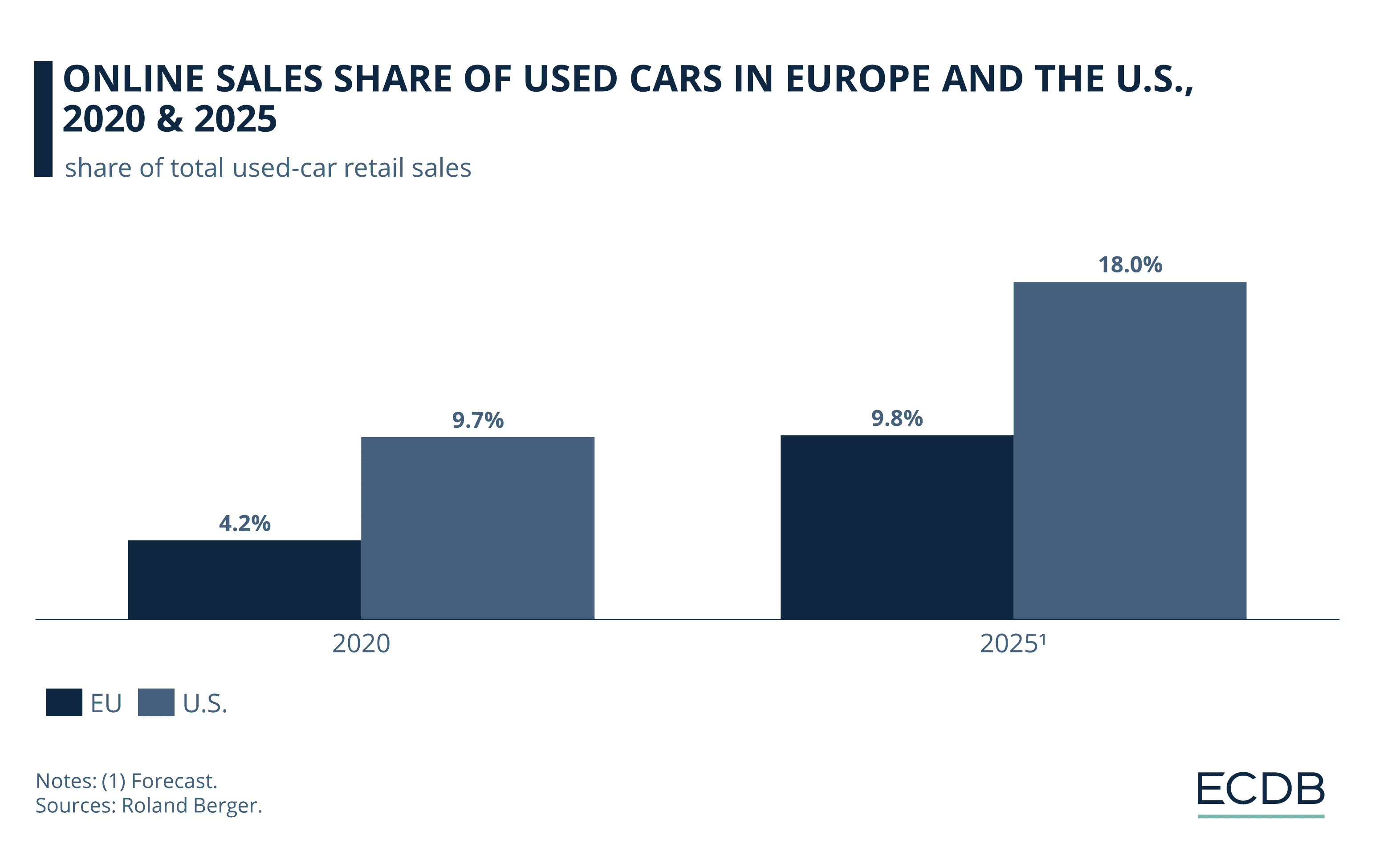EVs and Urban Air Quality: A Clear Solution
Mia Anderson

Photo: EVs and Urban Air Quality: A Clear Solution
Urban air pollution has become a pressing concern for cities worldwide. Rising populations, expanding transportation needs, and the continued reliance on conventional gasoline and diesel vehicles are contributing to declining air quality in bustling metropolitan areas. Amid these concerns, electric vehicles (EVs) are often cited as a viable solution. Yet, the role of EVs goes beyond simply reducing tailpipe emissions. They offer a transformative opportunity to reshape cityscapes and foster healthier, more livable environments. This article explores the impact of EVs on urban air quality, explains why they represent a clear solution, and examines the challenges and strategies needed to fully realize their potential.
Introduction: Setting the Stage for Cleaner Urban Air
City dwellers are frequently exposed to harmful pollutants such as nitrogen oxides, particulate matter, and carbon monoxide byproducts of combustion engines and industrial activities. The consequences of poor air quality extend beyond immediate respiratory health issues. Long-term exposure is linked to heart disease, reduced life expectancy, and even developmental concerns in children. These alarming realities have prompted growing public awareness and government action focused on reducing emissions, transitioning to renewable energy, and reimagining transportation models.
At the heart of these efforts is the increasing prominence of electric vehicles. Once seen as niche or luxury products, EVs have entered the mainstream with more affordable models, broader manufacturer offerings, and enhanced charging infrastructure. This rapid evolution underscores the urgent need to evaluate the widespread adoption of EVs and its direct effects on urban air quality. From health benefits to economic implications, the shift toward electric transportation could redefine how cities operate and how people travel.
Background: Understanding the Environmental Burden of Traditional Vehicles
Fossil Fuel Reliance and City Congestion
For decades, urban centers have depended on fossil fuel-based vehicles. This reliance has not only strained natural resources but also exacerbated traffic congestion and pollution levels. Diesel engines, in particular, release fine particles that contribute to smog formation, tarnishing skylines and endangering public health. On congested city roads, these emissions linger in the air and directly affect pedestrians, cyclists, and local residents. Furthermore, the cumulative carbon emissions from burning gasoline and diesel fuel add to global climate change concerns, illustrating the broader ramifications of conventional transportation patterns.
Health and Economic Implications
The adverse effects of pollution are costly in both human and economic terms. High levels of vehicle exhaust correlate with rising asthma cases, heightened allergic reactions, and other respiratory complications. Over time, these health issues burden healthcare systems and reduce overall productivity. Chronic ailments tied to pollution also translate to financial hardships for families who incur medical expenses and experience lost earnings. Consequently, as environmental organizations and policymakers prioritize public health, they increasingly spotlight the transition to electric vehicles as a fundamental step in safeguarding city populations.
Analysis: Why Electric Vehicles Stand Out in Urban Settings
Reduced Carbon Footprint and Improved Air Quality
A key benefit of electric cars in metropolitan areas is their ability to operate without tailpipe emissions. By substituting internal combustion engines with electric powertrains, cities can significantly reduce the presence of nitrogen oxides, sulfur dioxide, and particulate matter in the air. In a larger context, EVs help cut back on greenhouse gases responsible for climate change. Although electricity production may still rely on fossil fuels in some regions, a growing shift toward renewable energy sources, such as solar and wind, further improves the environmental profile of EVs. As green energy becomes more widely available, charging an electric vehicle will create a near-zero carbon footprint.
Lower Noise Pollution
While air pollution garners the most attention, noise pollution is another persistent concern for urban neighborhoods. Traditional vehicles contribute to a cacophony that disrupts daily life and imposes health risks ranging from stress to sleep disorders. Electric motors, on the other hand, run more quietly, offering the promise of a calmer, more serene cityscape. Reducing engine noise can enhance the quality of life for residents, and it can also facilitate safer interactions between vehicles, cyclists, and pedestrians who rely on auditory cues in crowded spaces.
The Role of EV Charging Infrastructure
Building a Robust Charging Network
One of the most significant factors influencing the success of EVs in improving air quality is the establishment of a reliable charging infrastructure. Urban dwellers require accessible charging stations at home, at work, and in public parking areas. When drivers feel confident that they can charge conveniently, the perceived barriers to adopting electric vehicles diminish. To address these concerns, cities and private entities are increasingly investing in fast-charging solutions, creating networks that allow drivers to charge during short stops instead of long waits at traditional stations.
Integration with Renewable Energy
Charging infrastructure must go hand in hand with the shift toward sustainable energy. Installing solar panels on charging stations or connecting them to wind-powered grids can minimize fossil fuel usage and further reduce emissions from electricity generation. This holistic approach ensures that EVs genuinely contribute to cleaner air, rather than merely shifting pollution from city roads to distant power plants. Moreover, smart grids and advanced battery storage technologies can help balance electricity demand, making the entire system more efficient.
Overcoming Challenges in Widespread EV Adoption
Public Perception and Education
Despite the clear environmental benefits, public perception and awareness remain hurdles for EV adoption. Many consumers are hesitant, citing concerns about driving range, charging times, or purchase costs. Effective education campaigns can dispel misconceptions, highlight total cost-of-ownership savings, and emphasize how driving an electric vehicle aids in battling pollution. By underscoring practicality and performance, these efforts can shift consumer attitudes, ultimately accelerating the transition to cleaner transportation.
Government Policies and Incentives
Governments worldwide play a pivotal role in shaping public preferences. Policies like tax credits, rebates, and low-emission zones offer tangible reasons for people to opt for electric vehicles. Grants for building home charging setups, or subsidies for companies that invest in workplace charging stations, can bolster infrastructure. Moreover, strict emissions regulations compel automakers to innovate, resulting in better EV technology and competitive pricing. As legislation becomes more stringent, the market naturally moves away from internal combustion engines, fostering a healthier urban environment.
Paving the Way for a Cleaner Future
Innovations Beyond Passenger Vehicles
In addition to personal cars, innovation in other electric modes of transportation can drastically improve urban air quality. Electric buses, commercial delivery vans, and even micro-mobility solutions like e-bikes and e-scooters present effective alternatives to fossil-fueled engines. Transitioning mass transit systems to electric power ensures that large numbers of people travel efficiently with minimal emissions. For short trips, e-bikes and e-scooters reduce congestion and fuel consumption, further reinforcing the shift toward greener urban landscapes.
Collaboration and Comprehensive Planning
Improving air quality is a multifaceted challenge requiring collaboration among city planners, businesses, government agencies, and the public. Integrating EV adoption into larger urban development strategies such as designing pedestrian-friendly streets, enhancing public transit, and establishing green spaces can drive holistic change. Effective planning also means future-proofing electrical grids, training local technicians in EV maintenance, and continuously refining clean energy policies to keep pace with technological advancements. A strategic, unified approach ensures that EVs deliver on their promise of cleaner, healthier cities.
Conclusion: Embracing EVs for Lasting Impact
Electric vehicles are emerging as a pivotal force for addressing urban air pollution. With no tailpipe emissions, a reduced carbon footprint, and quieter operation, EVs stand poised to revolutionize city living. They offer health advantages, especially in densely populated areas where vehicle exhaust has long been a serious concern. Combined with reliable charging infrastructure and supportive policies, widespread EV adoption can result in cities that are not only more sustainable but also more pleasant places to work and reside.
Although challenges exist including cost, charging accessibility, and public misconceptions these obstacles are steadily diminishing. Shifting societal values, advances in battery technology, and government incentives create a compelling framework for progress. Moreover, the integration of renewable energy with EV charging ensures that the environmental benefits stretch far beyond city limits. By embracing electric vehicles as a tool in the wider strategy to reduce pollution, we pave the way for a future where clean, breathable air is a hallmark of our urban spaces.
Marketing
View All
January 20, 2025
5 Best Digital Marketing Tools for GrowthUncover the top 5 digital marketing tools every marketer needs. Boost efficiency, drive results, and streamline your campaigns now!
Mia Anderson

January 25, 2025
Email Marketing in the Digital AgeUnlock the power of email marketing with modern strategies tailored for the digital age. Connect with your audience like never before!
Mia Anderson

January 23, 2025
Social Media in Digital Marketing 2024Learn how social media is revolutionizing digital marketing in 2024. Boost your brand with actionable tips for viral campaigns!
Mia Anderson
Entertainment
View AllDiscover the latest viral marketing strategies that can catapult your brand to success in 2024. Learn proven tips to create buzz and engage your audience. Start now!
Mia Anderson
Discover the intriguing realm of celebrity culture and how it affects society. Learn about the possible effects of our infatuation and how celebrities turn their notoriety into brands. An must read for everybody curious about the contemporary celebrity phenomena.
Mia Anderson
Discover expert tips and strategies for organizing a film festival from start to finish. Learn key steps to ensure your event is a success read now!
Mia Anderson
Discover the top 10 entertainment trends of 2024 that will captivate you. Stay ahead with our expert insights and click to explore now!
Mia Anderson
Automotive
View AllExplore the positive impact of EV adoption on urban air quality. See how EVs are cleaning the air in cities worldwide.
Read MoreExplore the pros and cons of selling your car online vs. locally. Find out which suits you best!
Read MoreExplore what drives consumer interest in EVs. Discover key insights into attitudes, barriers, and 2024’s hottest EV trends.
Read MorePolular🔥
View All
1
2
3
4
5
6
7
8
9
10
News
View AllAugust 13, 2024
The Ultimate Guide to Google Advertising: Secrets to Skyrocket Your Success
Read MoreTechnology
View All
December 8, 2024
Don’t Buy Another Laptop Until You Read This 2024 Comparison
Make an informed laptop purchase! Our 2024 comparison guide helps you find the perfect fit. Click to learn more and choose wisely.

August 30, 2024
Top Cloud Storage Solutions to Keep Your Data Safe
Discover the best cloud storage solutions to safeguard your data and boost efficiency. Explore top picks and make an informed choice today!

November 3, 2024
10 Tech Gadgets You Didn't Know You Needed in 2024
Discover the top 10 tech gadgets that will change your life in 2024. Uncover hidden must-haves read now!
Tips & Trick





















